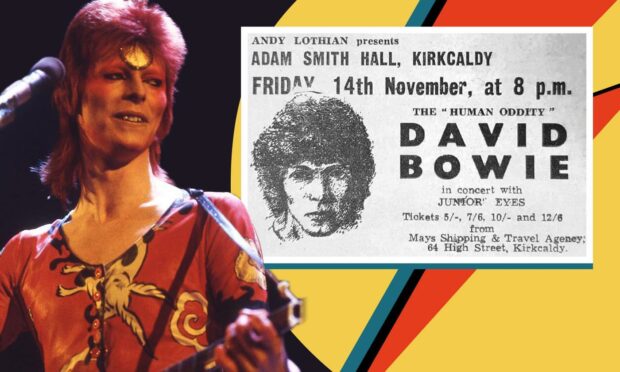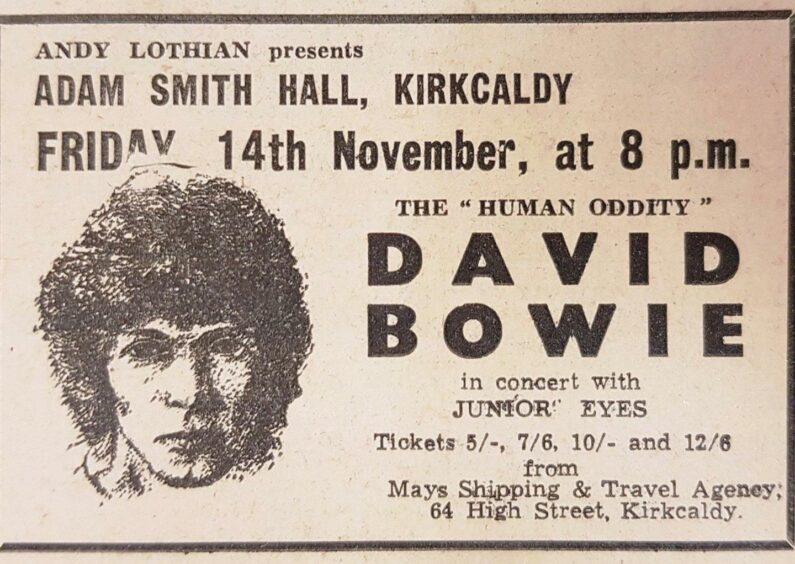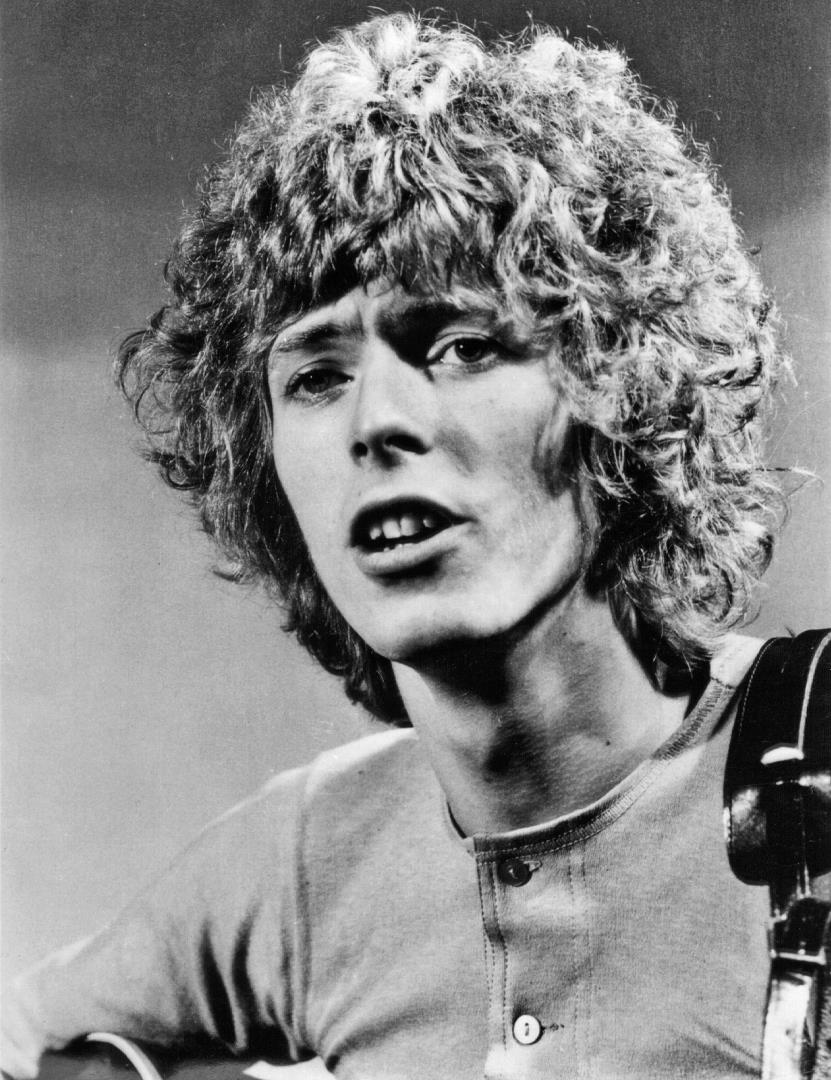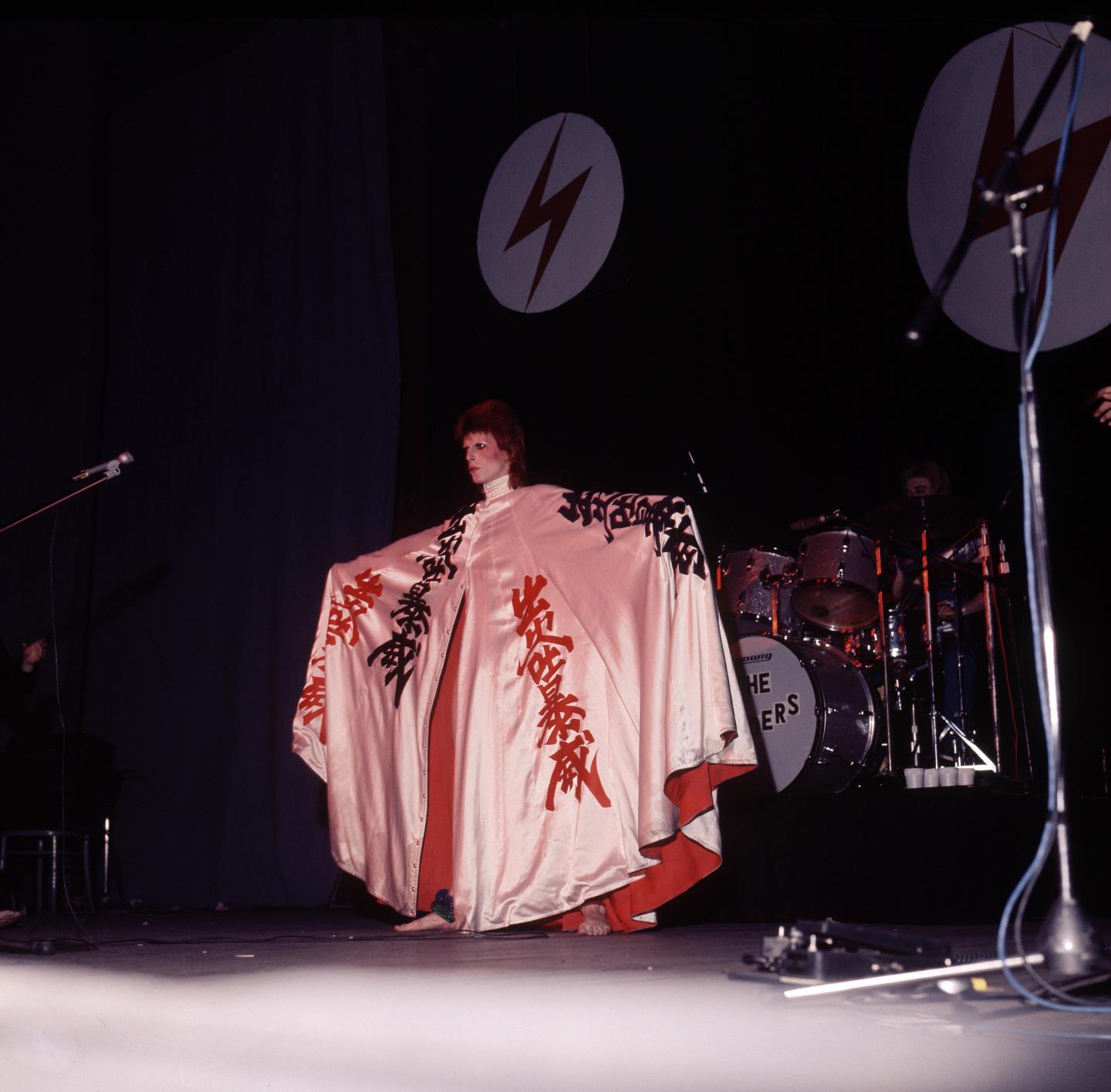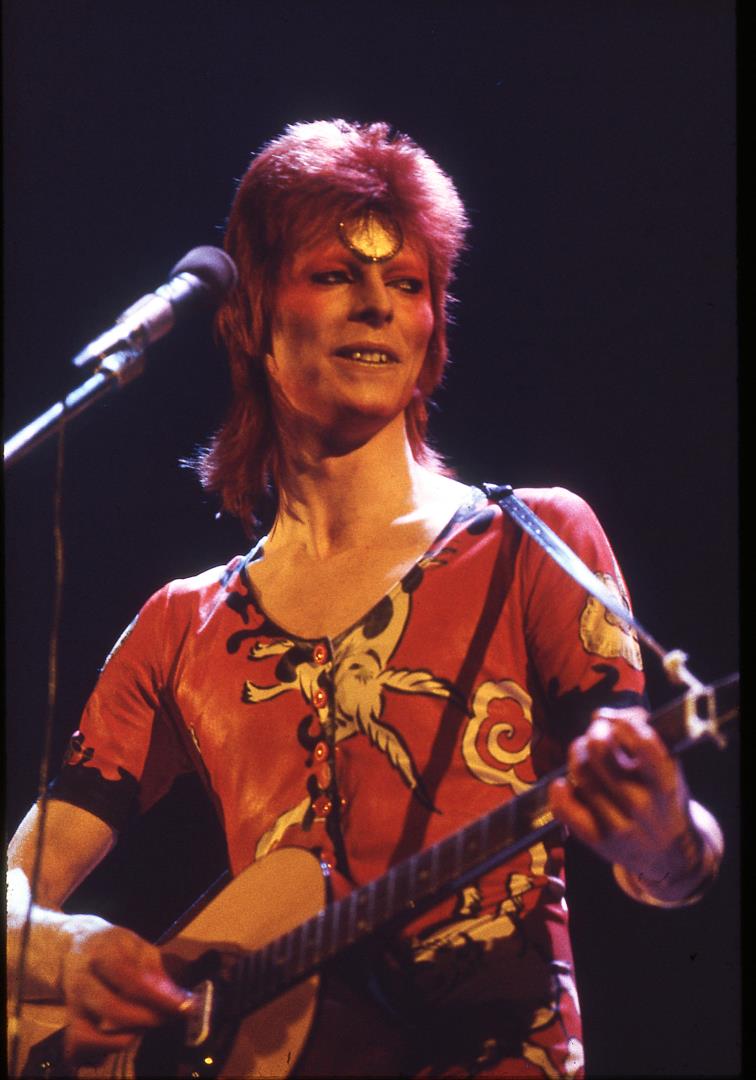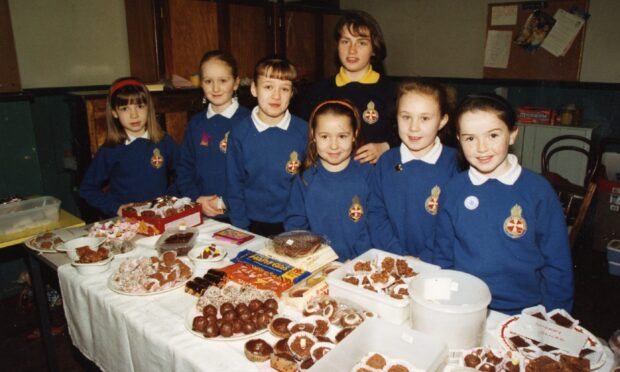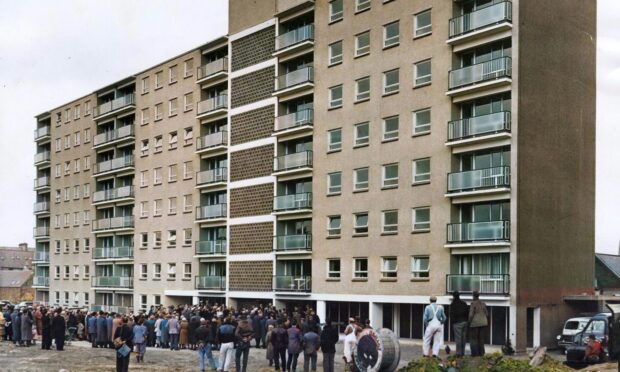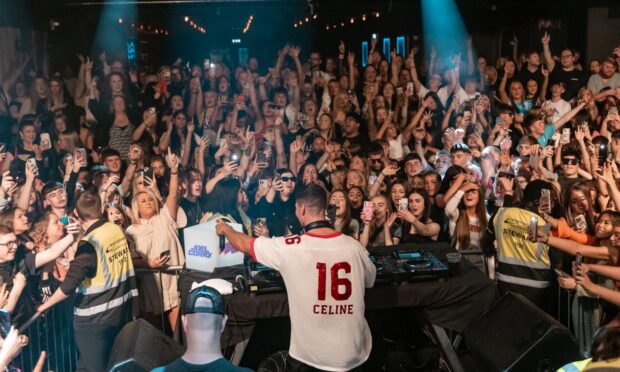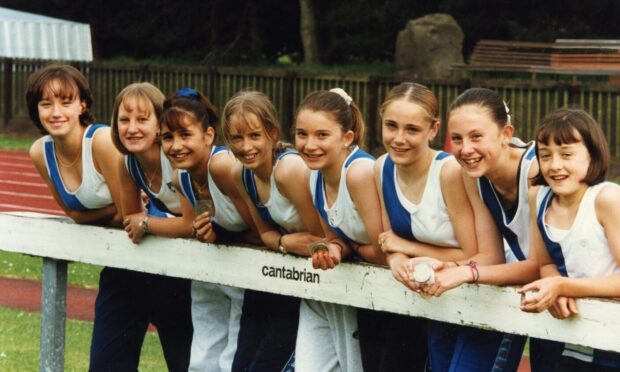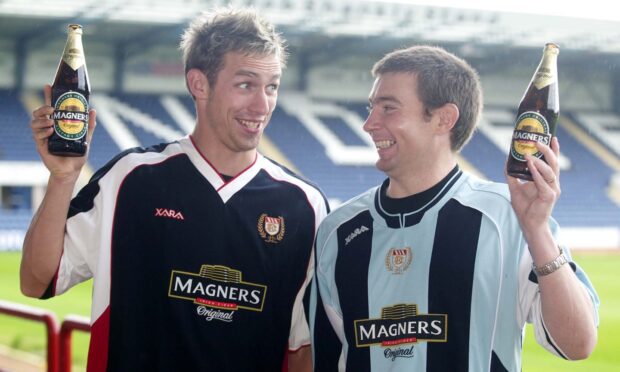It was the night that David Bowie launched his Space Oddity album with a concert at a half-empty theatre in Kirkcaldy.
Amazingly, Bowie’s live performance received a lukewarm response from the sparse crowd at the Adam Smith Theatre on November 14 1969.
He performed songs from the now-iconic album at the Kirkcaldy gig, which was part of a dismal Scottish tour that ended up costing the promoter money.
Bowie’s career, of course, took off a few years later – under the persona of Ziggy Stardust.
But that night in Fife was largely forgettable for the former David Jones from Bromley.
Promoter Andi Lothian had previously brought Bowie to Dundee in 1966 to perform at the Top Ten Club at the Palais after hearing him on Radio Luxembourg.
The Dundee gig was poorly attended, but Mr Lothian never stopped believing that Bowie would eventually come up smelling of roses.
“I met him when he played at the Palais,” he recalled.
“I remember a strong smell coming out from his changing room. We could all smell it, but didn’t know what it was.
“I thought they were smoking a different kind of cigarette – it didn’t register with me what they were doing. It was only later I found out!”
Space Oddity
After the commercial failure of his 1967 debut album, Bowie didn’t release anything in 1968 but he acquired a new manager.
Kenneth Pitt commissioned a promotional film in the hope of widening his appeal.
Bowie wrote Space Oddity for the film, a tale about a fictional astronaut that helped him secure a one-album recording deal with Mercury.
Mr Lothian heard the Space Oddity demo in early 1969 and was so impressed that he put together a package to bring Bowie back to Scotland for a week-long tour.
The short tour opened at the Salutation Hotel in Perth.
The Fair City date was followed by shows in Kilmarnock, Dunfermline, Glasgow, Kirkcaldy and Edinburgh, coinciding with the release of that second studio album, titled David Bowie, which is now commonly known as the Space Oddity album.
The album hinted at a songwriting talent, picked up on by Mr Lothian in that early demo, that was about to yield some of rock ‘n’ roll’s finest and most distinctive work – even if it would take the rest of the world a few years to catch up.
The shows were not well attended with other dates in Stirling, Aberdeen, Hamilton and Dundee being cancelled due to poor ticket sales.
Lost a fortune
Mr Lothian believes the shows were unsuccessful due to bad timing.
He said: “Bowie’s album, which included Space Oddity, wasn’t released in the UK until November 14 – the very evening I’d booked him to play in Kirkcaldy. That meant he wasn’t as popular as I’d expected him to be.
“He performed in a half empty venue to a somewhat unappreciative audience.
“I must have lost a fortune on Bowie – all because my timing was just a few months out.
“I felt great disappointment and frustration that I’d made the wrong decision.
“I thought Bowie would be The Beatles or the Rolling Stones all over again, but he wasn’t – not until a few months later.
“I hadn’t quite timed it right.”
Mr Lothian had famously brought The Beatles to Scotland a few years earlier, in 1963, which included a memorable night at the Caird Hall in Dundee.
He also worked with Jimi Hendrix, Eric Clapton and the Rolling Stones but now started to question if he was getting too old to spot the next big thing?
He continued: “That had been a key part of my success, knowing what would be a hit and picking it at exactly the right time to tour and draw large audiences.
“Bowie was the beginning of the end for my theatrical business.”
Mr Lothian believes Bowie’s eventual donning of the Ziggy Stardust persona might have originated around this time as he recognised he needed to be more of a showman.
“Bowie was already so different from everyone else back then– and so was his band.
“He was pretty distant, he seemed very self-confident and also very introverted.
“Much later I reflected that Ziggy Stardust – Bowie’s extraverted persona – was probably developed as a creative outlet.
“It’s genius, really – and a very successful defence mechanism.
“Through Ziggy Stardust, Bowie could perform and get his true music out of him.”
Was Bowie’s Ziggy Stardust persona also a way to draw people back to live music?
Mr Lothian continued: “Television had become incredibly popular across the UK and on November 15 1969 – the day after the disastrous Bowie Kirkcaldy gig – BBC One launched its full colour service.
“TV had reduced live event numbers by around 25% – there wasn’t a business there anymore.”
As crowds continued to dry up on the live scene, Mr Lothian put his formerly successful business into liquidation and burned all his records and gig posters.
So it was with a slight degree of envy that Mr Lothian watched as Bowie became one of music’s biggest icons of the 1970s and 1980s.
The Man Who Sold The World was Bowie’s first solo venture without his band, and many have described the album as “the beginning of glam rock”.
The album was released by Mercury in April 1971 to minimal fanfare and Bowie took his first trip to the United States to promote it that spring.
The Man Who Sold The World was followed by Hunky Dory, then the instant classic The Rise And Fall Of Ziggy Stardust And The Spiders From Mars in 1972.
That’s often described as one of the greatest albums of all time.
On July 6 1972 Ziggy first materialized in millions of unsuspecting people’s living rooms, on Top Of The Pops, where he performed Starman, the album’s lead single.
Bowie’s performance on Top Of The Pops saw him take his Ziggy Stardust persona to a live show in London, and then on a US tour in September 1972.
Bowie ascended to international superstardom, and while he never returned to the Kingdom of Fife, he did play a famed gig at Caird Hall in 1973.
The 2,500 sell-out concert was to take on even greater significance when Bowie eventually retired his Ziggy Stardust persona on the last night of the UK tour.
Bowie continued to record and tour after hanging up his Ziggy persona and was unique and phenomenally creative until the day he died, in 2016.
More like this:
David Bowie at the Music Hall as you’ve never seen him before
Rolling Stones: Mick Jagger’s backstage deal prevented Dundee gig riot in 1964
